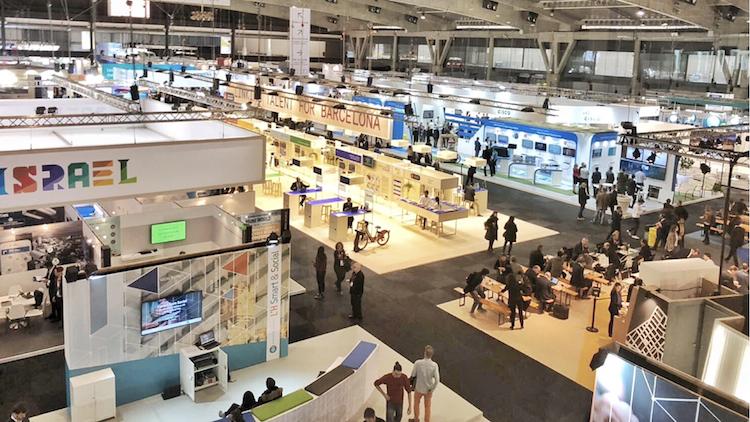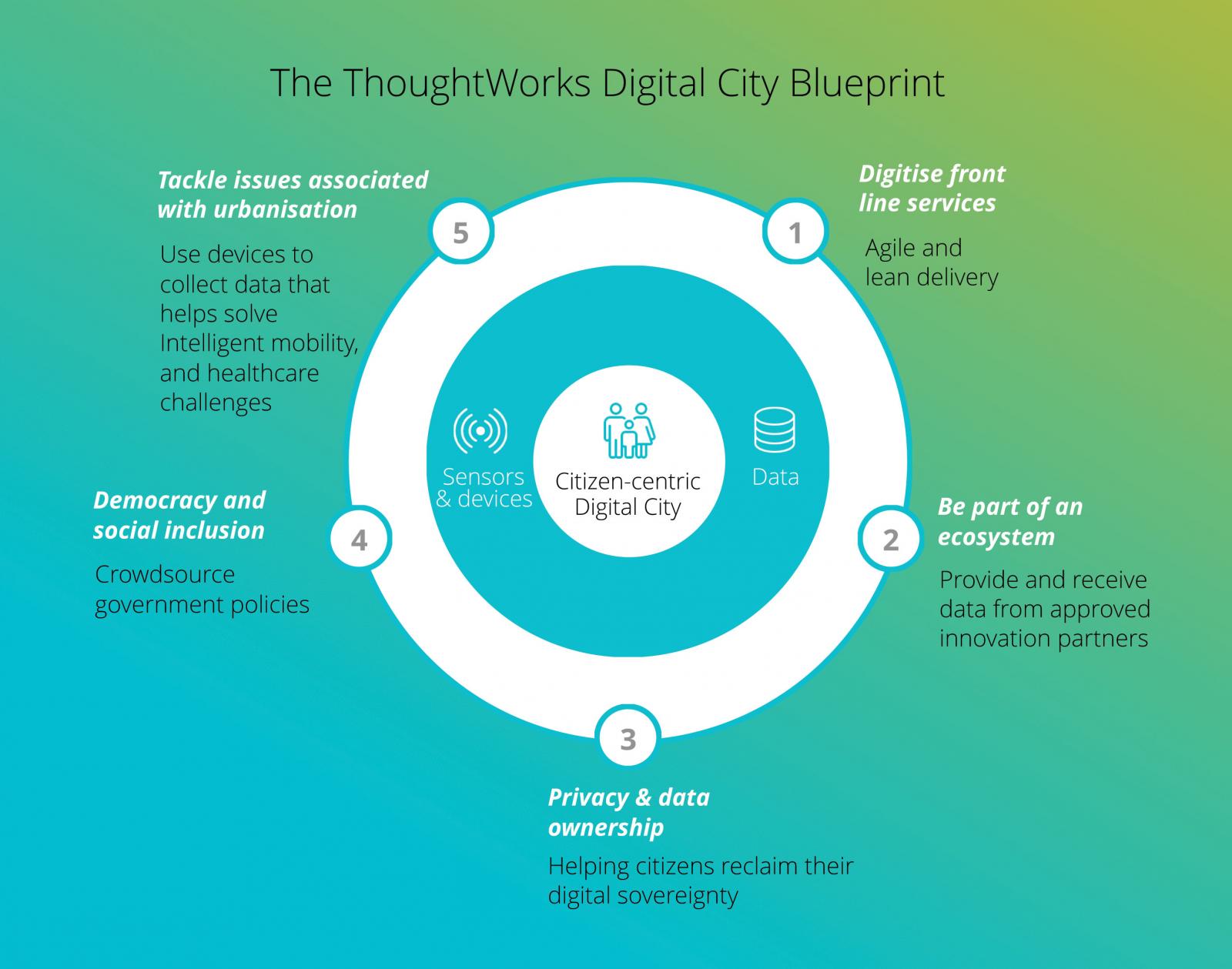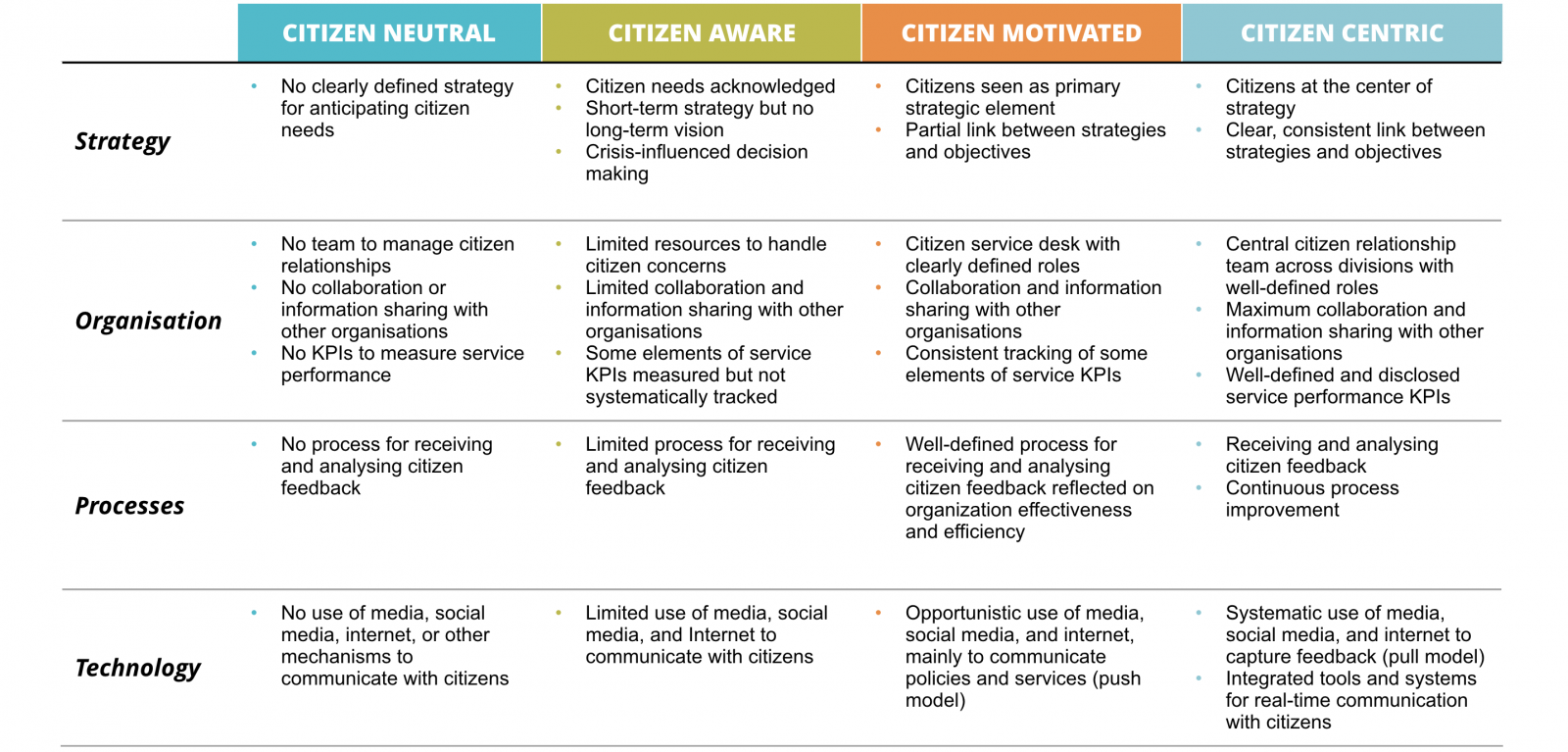Data science and analytics
Building an ecosystem for innovation



Breaking borders

Disclaimer: The statements and opinions expressed in this article are those of the author(s) and do not necessarily reflect the positions of Thoughtworks.
